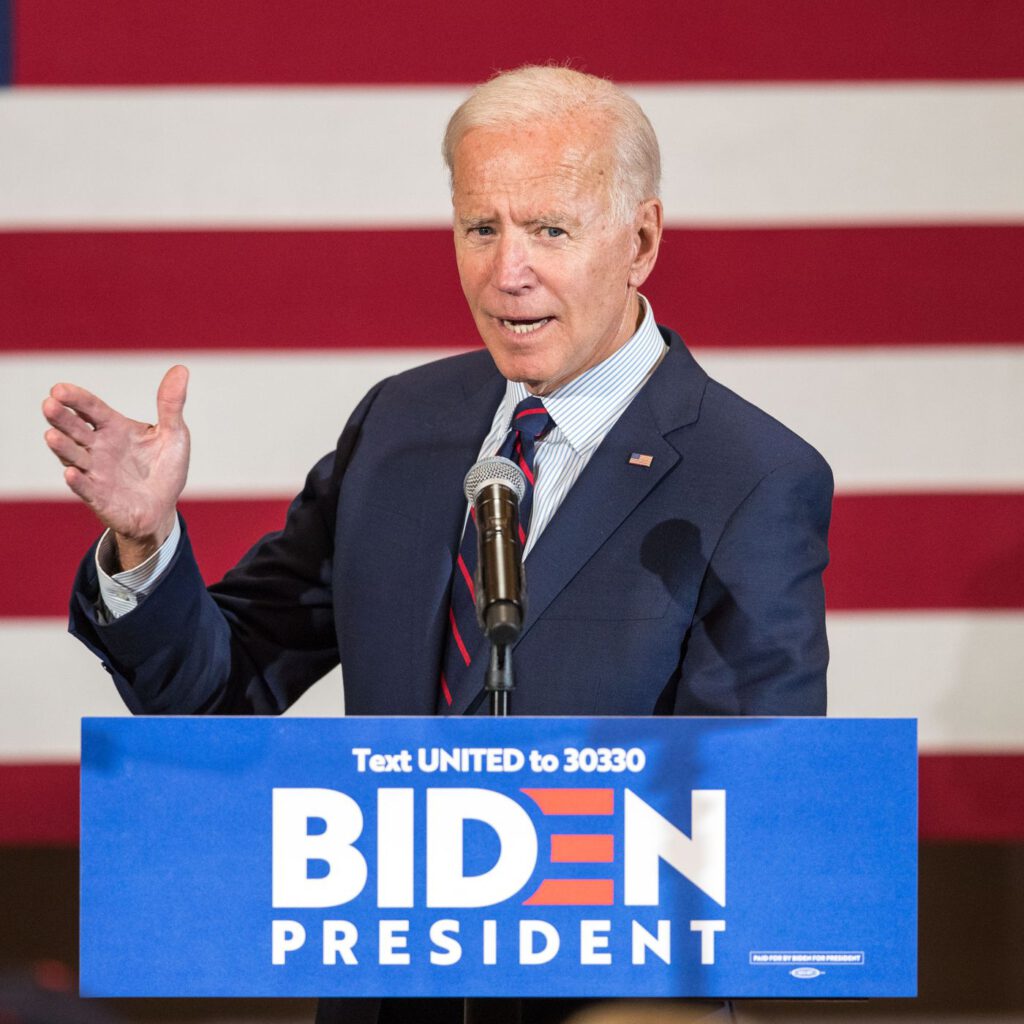If the opinion polls are to be believed, November 3rd should bring about a landslide victory for Vice-President Joe Biden, sweeping him to power and removing President Trump after just one term in the White House.
What could this mean for the ‘Special Relationship?’
If the mainstream media are to be believed, removing Trump from the oval office will strip Prime Minister Johnson of a natural ally across the pond; all but destroying a potential free trade agreement between the US and the UK once the Withdrawal Agreement ends later this year.
President Trump has been outspoken in his support for the UK and ‘Brexit,’ whereas Biden and the Democrats have a very pro-EU agenda. Indeed, Joe Biden as a catholic is very proud of his Irish ancestry.
Boris Johnson’s recent move to amend the Withdrawal Agreement did not go down well with Biden and the Democrats. Biden himself cited the Good Friday agreement in his tweet on the subject and Nancy Pelosi stated that there was ‘no chance of the House passing a trade deal if the Good Friday Agreement was undermined!’
It is therefore feasible that a Biden administration would be openly hostile to Britain regarding Brexit and less willing to help Britain flourish once it leaves the EU. Indeed, a new trade negotiator would be appointed, and this process could delay UK/US talks by months.
The UK Ambassador to the US, Sir Christopher Meyer, stated that Prime Minister Johnson’s actions regarding the Withdrawal Agreement were, ‘profoundly clumsy and stupid. It immediately ignited the Irish American lobby in Washington, which is second in power to the pro-Israeli lobby.’ Furthermore, ‘…The Democrats think Boris (Johnson) is a pea from the same pod as Trump!’
As such, in the eyes of many Democrats, the British version of Trump is as poisonous as Trump himself.
It would be unfair to say that Trump and Johnson have always seen eye to eye. There have areas of foreign policy disagreement between the two administrations concerning the Iran Nuclear Deal, the UK reluctance to sideline Huawei in the creation of Britain’s 5G network, as well as disagreements concerning the Paris climate change agreement.
Furthermore, many Democrats believe Britain lacks any global clout when it comes to tackling challenges such as China and Russia.
All of this negative rhetoric would make it seem that a Biden Presidency is not what the British government would prefer.
However, Biden is not anti-Britain as many would have you believe. He backed Britain over the Falkland Islands, when President Reagan did not. His heritage is not solely Irish either. His father’s family come from Sussex.
Additionally, what has not been considered so much by mainstream analysis is firstly Britain’s support and respect for NATO. Whilst President Trump had to create waves amongst fellow NATO members who he felt were not pulling their weight when it came to respecting their NATO commitments, the US has always had a natural and powerful military ally in the United Kingdom.
Finally, the UK is the single largest investor in the United States, with British companies having invested $560 billion in the US, accounting for 15% of all foreign direct investment, and the US is the largest investor into the UK.
With all this taken into account, it is likely that US/UK relationships will remain pretty much unchanged as a consequence of a Biden election win, resembling perhaps previous UK/US relationships when there was a Democrat administration.
However, with 24 hours to go, there is still all to play for and it is not over for President Trump just yet. Could we be waking up on November 4th to another shock? Well, 2020 has been a peculiar year, so don’t bet against it just yet.
Andrew Crawford. 2nd November 2020.
Source material:
1. https://www.telegraph.co.uk/news/2020/10/14/biden-victory-would-disastrous-boris/
2. https://www.theguardian.com/p/f8cxv/stw
3. https://www.dailymail.co.uk/debate/article-8878655/DOMINIC-LAWSON-Joe-Biden-not-anti-British.html4. https://www.uschamber.com/international/europe/us-uk-business-council/us-uk-trade-and-investment-ties
